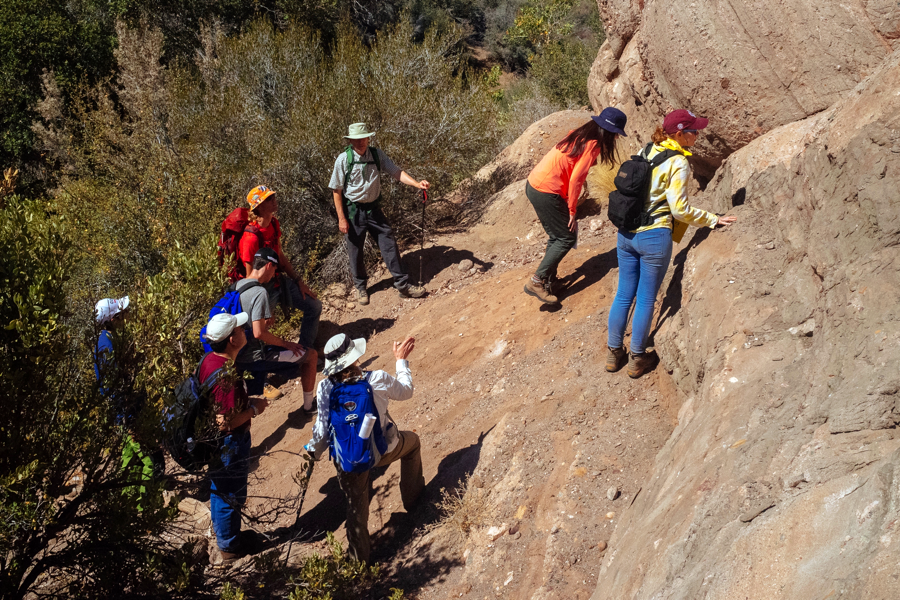All Categories
Featured
Table of Contents
Geophysicist - Jobs And Skills Wa in Carine Oz 2020
Link with MBA programs looking for candidates like you. Research study. Link with master's programs around the country to get an edge over the competitors.

A geophysicist research studies numerous aspects of the earth. According to the U.S. Geological Survey, they study gravity, magnetic, electrical, and seismic activity events. Geophysicists also record, assess, and take measurements of geographic functions and abnormalities. See a video to discover what a geophysicist: Geophysicists need to make a minimum of a bachelor's degree; nevertheless, this is for an entry-level position.
If you desire research you should pursue a Ph. D. Undergraduate coursework generally consists of geology, mathematics, ecological science, or physics. Postgraduate degree need more specific studies in the specialized of choice. Areas can include oceanography, atmospheric physics, climatology, planetary, petroleum, environmental, and mining. Job prospects are higher if you have a strong background in computer science or innovation.
Geophysicist - Job Role - Job Information in Peppermint Grove Aus 2020
Access to these chances might be restricted depending on where you live; however, internships or summer programs with geophysical business, university geophysics department, or the U.S. Geological Study can be alternatives. You can discover a list of a list of chances on the United States Geological Survey (USGS) sites' Pathway Programs tab (opens in another link).
If you have yet to finish high school, taking as lots of science and mathematics classes as possible would be a plus. Geophysicists likewise work with computers while looking into, so computer system courses can also be valuable, as mentioned earlier in this short article. Lots of geophysicists focus on a location of geophysics. The job description would alter pending on the specialized.
A geophysicist's tasks can consist of determining, tracking, and recording data from numerous physical homes in the world. They also evaluate and examination info received. Geophysicists typically need to travel worldwide to examine geological occasions that have happened or might have been predicted. Geophysics is a research-based career field, therefore one should have the capability to hypothesize, problem-solve, and question or obstacle formerly held presumptions from their collected data.
What Is Geophysics? in Tapping WA 2023
Jay Wellik, a geophysicist, research studies volcanos. Geophysicists usually work full-time hours; however, they often work irregular hours, as pointed out previously.

You can discover additional details about Geophysicists together with additional educational materials on the U.S. Geological Study site (links open in a new window). Laura Stern, of the U.S. Geological Survey at the Gas Hydrates Lab in Menlo Park, California: We make a variety of different hydrates in the laboratory.
We also make carbon dioxide hydrate, ethane hydrate, gas, a number of different structures. Liquid nitrogen is very cold. It has to do with 100 degrees colder than the temperature level at which these hydrate samples would dissociate, when they would decompose to ice plus gas on the tabletop. In here we have a little piece of methane hydrate.
Career Opportunities In Geology in Mundaring WA 2023
So the samples we make, their polycrystalline. They appear like snow, it looks like compacted snow however honestly, it does contain gas inside. Take a little piece off here and as it heats up, you'll begin to see it pop. It's going back to ice plus gas and then as the ice would melt as it continues to warm, it will wind up being water plus gas.
My name is Steve Kirby, I'm a Geophysicist here at the U.S. Geological Survey in Menlo Park. I deal with Laura Stern who is also a Geophysicist in this lab that adheres towards the examination of planetary ices and gas hydrates. Gas hydrates in nature happen in very remote places and they are extremely intricate with the interactions and conditions that they form under and samples that are brought up are under some sort of alternation or decomposition.
This is an unusual laboratory and there are only a handful of them worldwide and we are extremely lucky to be here at the Geological Survey and to have the opportunity of working on them. Bureau of Labor Data, U.S. Department of Labor, Occupational Outlook Handbook, Geoscientists. National Center for O * Internet Development.
Geophysicist Bob Embley: Ocean Exploration Careers in Mt Richon WA 2020
This video was produced by the federal government for the U.S. Geological Survey. The USGS Gas Hydrates Lab is moneyed by the Department of Energy and the USGS Gas Hydrates Job.
Latest Posts
Geoscientist - College Of Science in St James Aus 2021
What Is A Seismic Survey? in Straffon Oz 2021
What Are Geological, Geochemical, in Hovea WA 2022